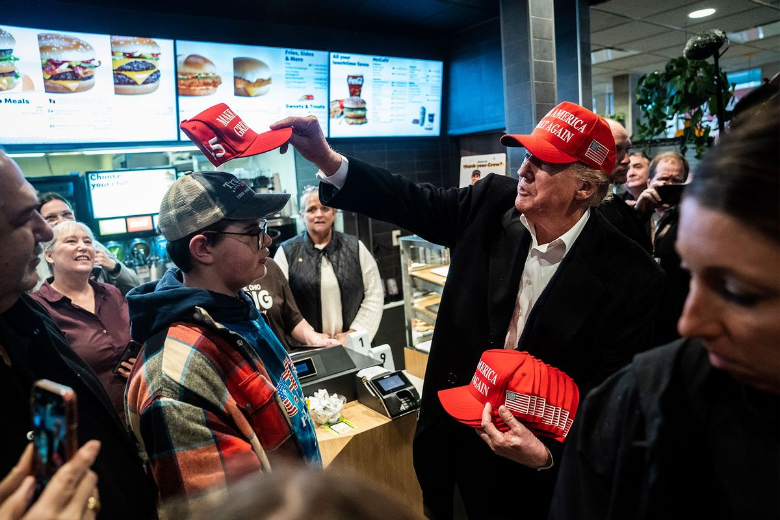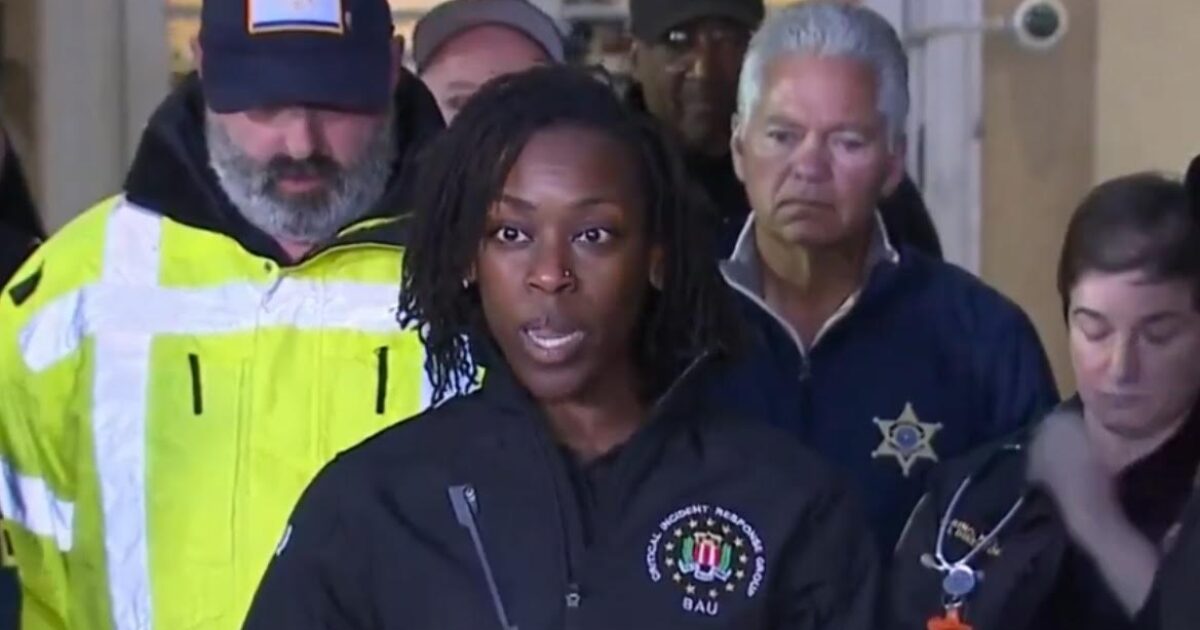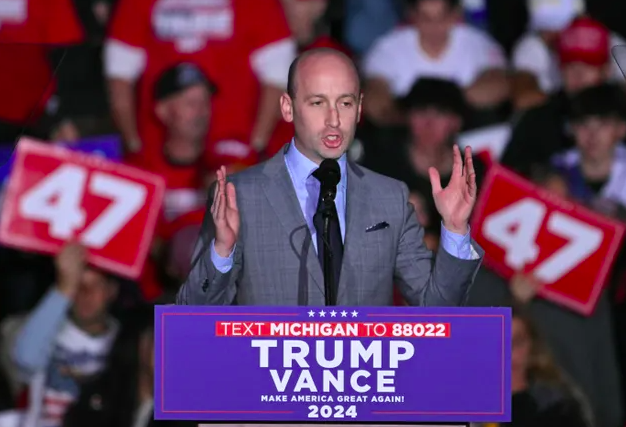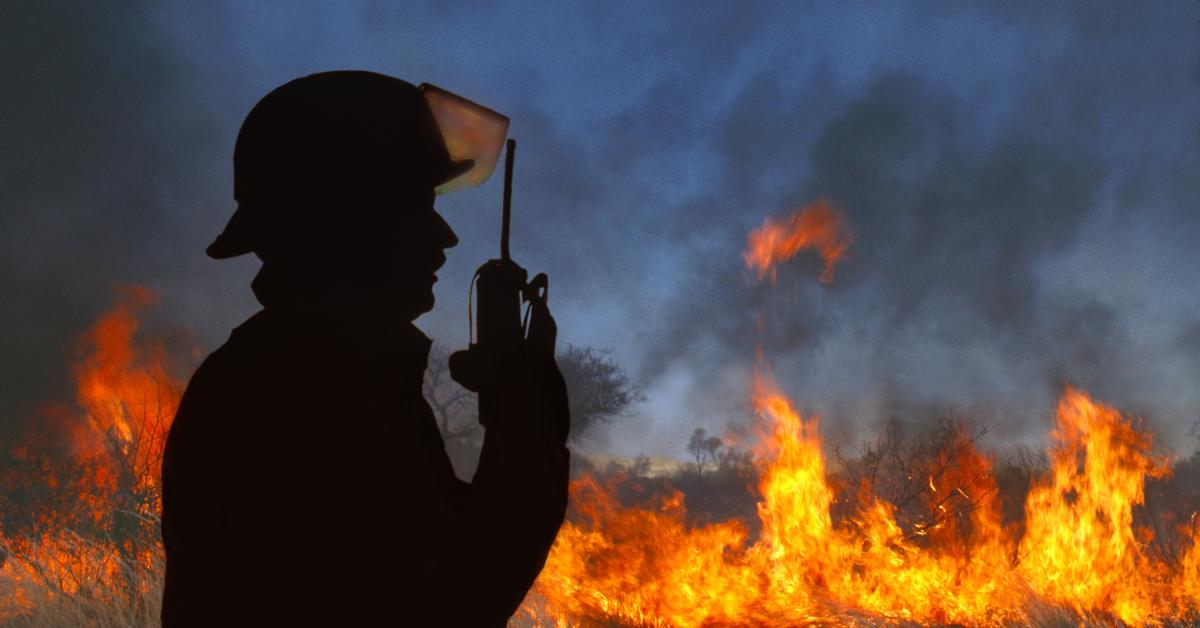After former President Donald Trump’s recent visit to a McDonald’s in Bucks County, Pennsylvania, the franchise has come under intense scrutiny and faced security threats. Derek Giacomantonio, the franchise owner, has reported a surge of violent threats and abusive messages following Trump’s publicized appearance at the restaurant, where he was seen at the fry station and even took orders at the drive-thru. The event drew an enthusiastic local crowd, but it quickly turned sour online and on social media, where critics targeted the business and its employees.
The visit, organized by Pennsylvania GOP delegate leader Jim Worthington, was intended to be a casual stop as part of Trump’s outreach to his base, but it has led to threats that required Giacomantonio to hire private security. Concerned for the safety of his employees and patrons, Giacomantonio made the call to reinforce security during and after the former president’s visit. He has reportedly shouldered the cost himself, hoping that the increased security presence will reassure both his staff and customers as tensions simmer.
The situation took an unexpected turn when negative online responses began flooding the restaurant’s Yelp page. Supporters of Vice President Kamala Harris, frustrated by Trump’s remarks during his visit, took to the review platform to leave one-star ratings, accusing the franchise of endorsing divisive politics and ignoring safety concerns. Yelp soon intervened, temporarily suspending reviews to prevent further “review bombing.” According to a spokesperson from Yelp, the platform took action to avoid misleading reviews that could affect the franchise’s reputation unfairly.
This wave of backlash stems in part from comments Trump made at the restaurant, where he questioned Vice President Harris’s claims about her own past work experience at McDonald’s. He joked about her assertions, which he labeled as dubious, saying that no records supported her story of having worked there as a young adult.
Harris has previously been criticized for alleged embellishments about her background, including claims regarding her family’s history and connections to significant historical events. Trump’s comments prompted Harris’s supporters to defend her and criticize the event as an attempt to belittle her achievements.
Jim Worthington, who helped organize Trump’s McDonald’s visit, responded to the controversy by saying that while some expected the community to boycott the location, many locals had rallied in support. He reported that the franchise had seen increased foot traffic since the event, with customers expressing their backing for Giacomantonio and his staff.
According to Worthington, the boost in customer visits reflected community resilience against what they see as politically motivated intimidation. He added that he was proud of the community’s response, which underscored local support despite the online backlash.
Giacomantonio expressed concerns over the unexpected attention and the need for additional security, stating that he initially anticipated only a brief increase in customer numbers, not a prolonged media storm. He acknowledged that although hosting a high-profile figure like Trump brings challenges, he did not anticipate the level of hostility that has followed, nor the need for long-term security. The private security measures implemented are aimed at keeping his staff comfortable amid an environment that, at times, has felt threatening and unpredictable.
While some may view Trump’s appearance at a local restaurant as a simple campaign stop, the aftermath highlights the high stakes of visible political endorsements in today’s polarized climate. Similar situations have been reported at businesses across the U.S. as owners and employees face heightened scrutiny after hosting well-known political figures.
Experts on workplace safety and small business operations have noted that small, independent franchises are particularly vulnerable to this kind of backlash. Without the backing of a larger corporation, these businesses often bear the financial burden of increased security measures or lost business in the wake of political controversy.
The impact on Giacomantonio’s McDonald’s has added to the conversation about how local businesses navigate political affiliations or associations, especially when those associations may inadvertently bring about controversy. In today’s climate, a single high-profile visit can spark weeks or even months of fallout, potentially jeopardizing a business’s long-term success. As a result, business owners are increasingly cautious when it comes to publicizing high-profile visits from political figures or commenting on politically sensitive issues.
The incident also reflects a broader trend in which social media campaigns can quickly gather steam, amplifying a local event into a viral moment that brings both praise and criticism. For businesses like Giacomantonio’s McDonald’s, adapting to these dynamics is becoming increasingly essential.
He remains hopeful that the situation will settle and that his franchise can return to its usual operations. In the meantime, with private security on the scene and an engaged customer base, he is determined to keep his business running and protect his employees’ right to work without fear.
As the country approaches the next election season, incidents like this one may serve as cautionary tales for small businesses, underscoring the unexpected and sometimes overwhelming consequences of stepping into the political arena.
MAKE AMERICA GREAT AGAIN! pic.twitter.com/rA5FwAQWFy
— Donald J. Trump (@realDonaldTrump) October 20, 2024



